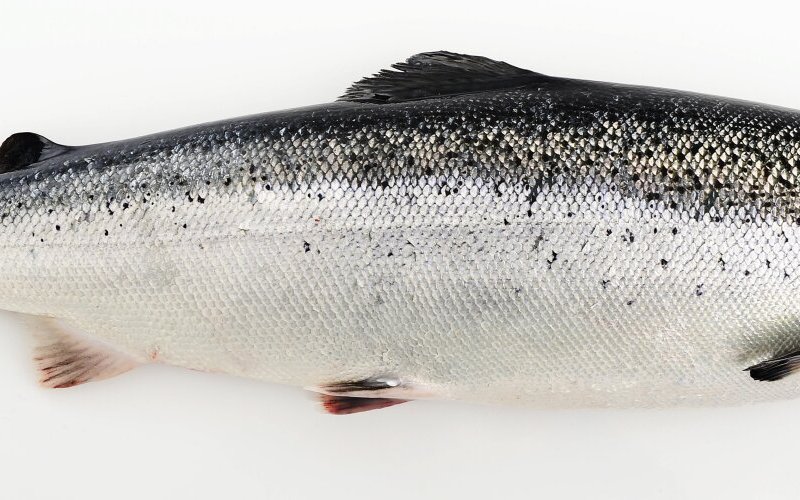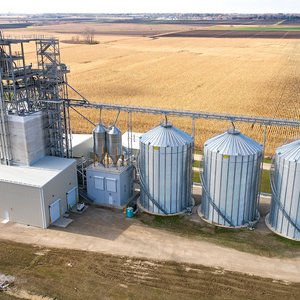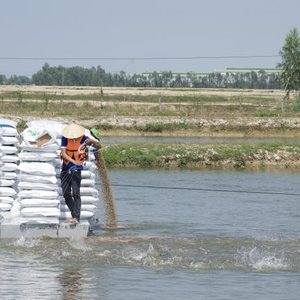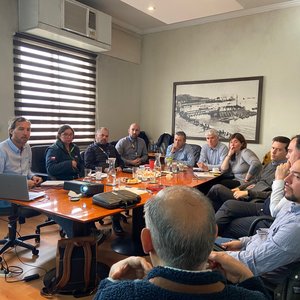The Norwegian Seafood Council, on behalf of Norwegian salmon farmers, published a statement that aims to correct misleading and incorrect information about the use of unsustainably sourced fishmeal in Norwegian salmon feed.
“Several international press stories have recently claimed Norwegian aquaculture contributes to the depletion of fish stocks along the West coast of Africa. More recent stories, such as in Der Spiegel and on the BBC, have focused on Norwegian purchases from The Gambia, stating that many of these marine ingredients end up as feed for Norwegian salmon,” the council said. “This is incorrect. The Norwegian salmon industry does not purchase fishery products from The Gambia. The background data which led to these conclusions have since been corrected by the feed industry, but regrettably not considered in these media reports.”
The marine ingredients, fish oil or fishmeal, which Norway sources from the West African region, more specifically Mauritania, derives from fisheries currently undergoing fishery improvement projects (FIP), the council said. By demanding that marine ingredients used for fish feed production derive from either certified fisheries or fisheries subject to improvement projects, Norwegian buyers are pushing for stricter regulation and more sustainable fishing practices. The relevant fishery improvement projects have also been designed with a focus on artisanal fishermen, stock management and ensuring a percentage of the catch goes to local communities.
“With continued dialogue and marketplace presence, Norwegian fish feed companies can continue to raise the bar for improved practices, such as earlier demonstrated with the sourcing of deforestation-free soy from Brazil,” the statement concluded.













